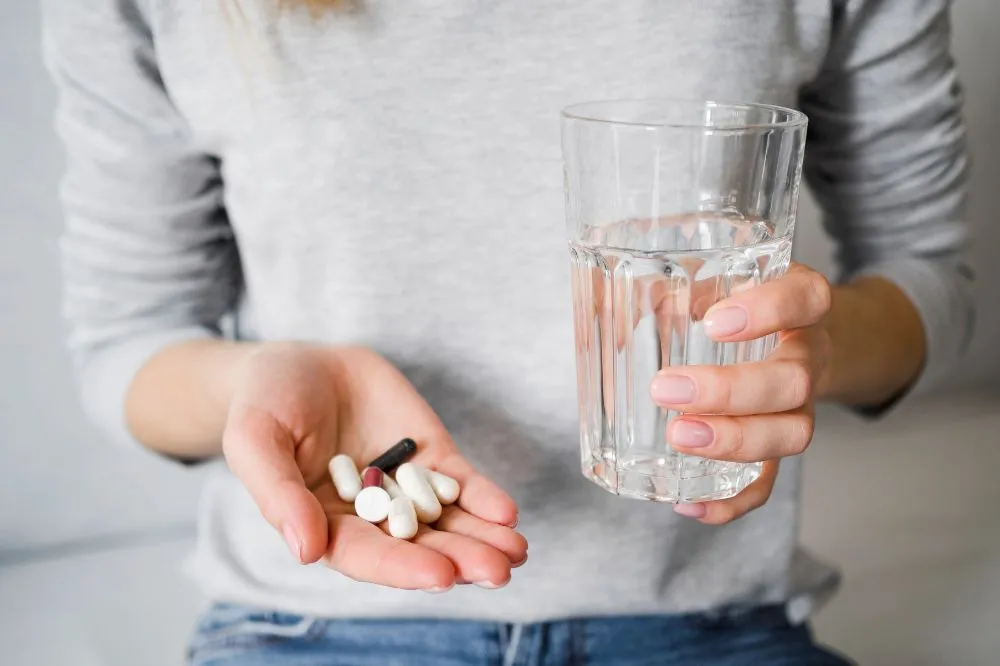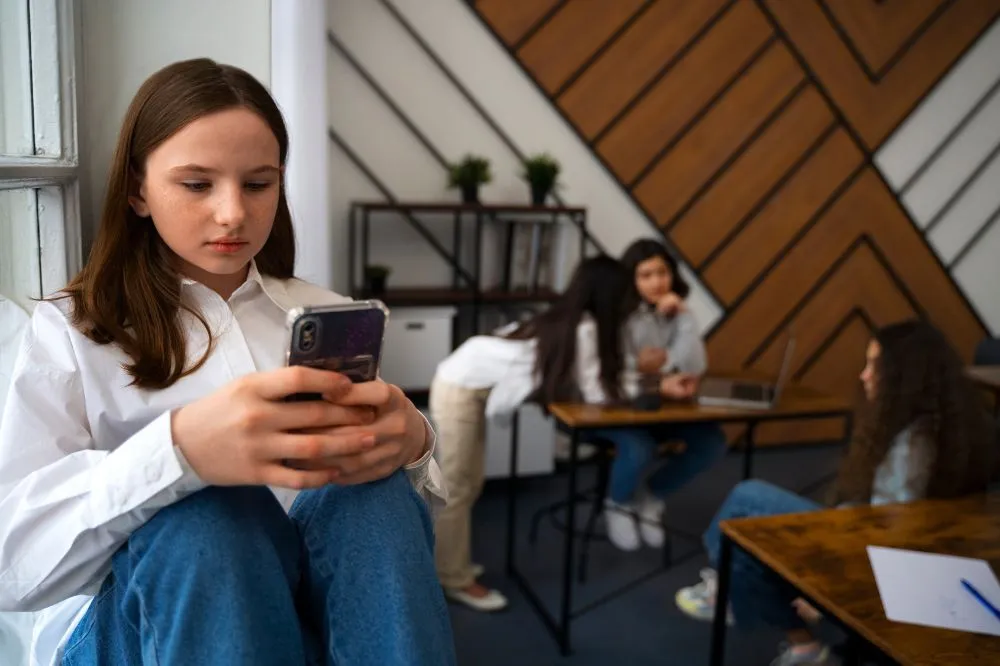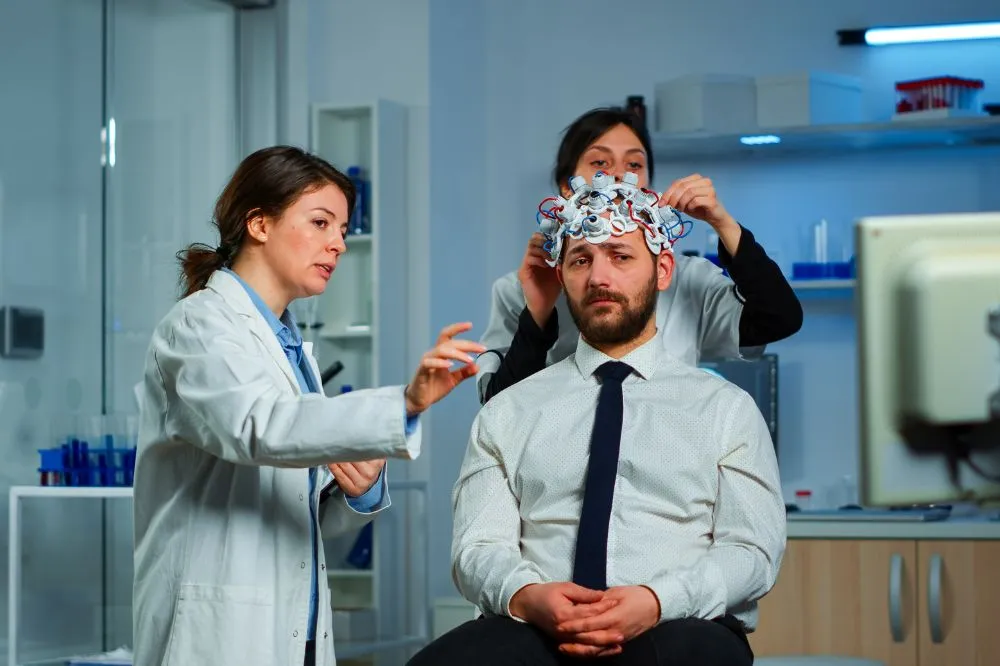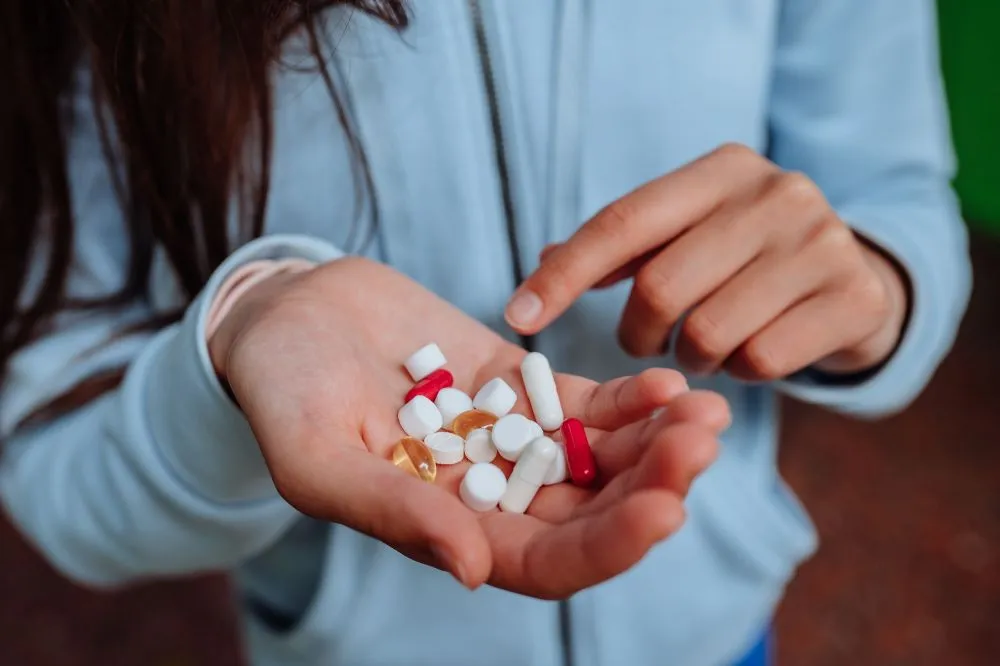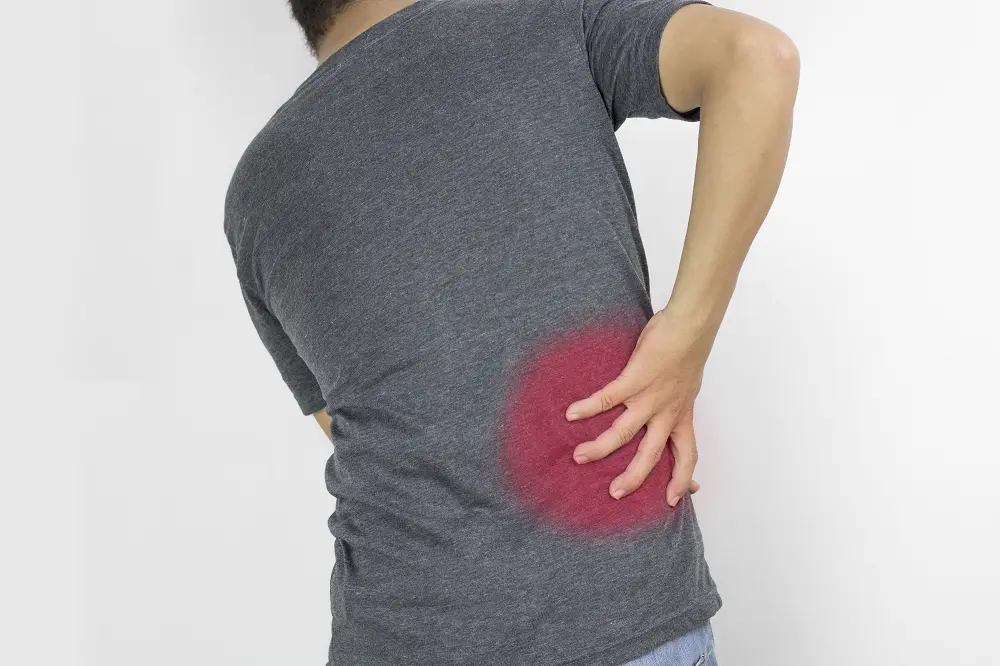Summary: Those living with opioid use disorder are generally hesitant to seek medical help. However, covid-19 epidemic has only made things worse. Thus, policymakers legalized providing medical care to those living with OUD via telehealth. However, there have been some concerns regarding the decision. The new study shows that telehealth is beneficial for those living with OUD and is associated with a reduced risk of overdose events. This underscores the importance of telehealth in providing treatment and care for opioid addiction treatment.
The scale and extent of covid-19 pandemic took everyone by surprise. The world was not ready for the pandemic. This created many challenges. It made providing medical help to a specific group of patients more difficult. Moreover, due to covid-19, people got confined to homes and traveled less often. It also means that covid-19 related restrictions created a barrier to seeking medical help.
It is no secret the those living with opioid use disorder (OUD) are less likely to seek medical help. There are many reasons, from social stigma to disbelief in the system. For such individuals, things became even more difficult during the pandemic times.
Fortunately, US policymakers realized this challenge faced by people living with OUD and legalized telehealth for OUD. It means that for the first time, doctors could legally prescribe opioids used to manage OUD without seeing a patient. However, this change in policy was not well received by everyone. Many were skeptical of such a change and worried that it might even make the ongoing opioid overdose epidemic worst, as opioids would become more accessible for many.
Fortunately, a new study shows that these policy changes have been beneficial and resulted in reduced risk of overdose. The study was carried out by researchers from CDC, NIDA, NIH, and CMS. The results of the study were published in the journal JAMA Psychiatry.
In the study, researchers analyzed the data of 175,778 Medicare beneficiaries from September 2018 to February 2021. They focused on analyzing the events of an overdose in those who received medications for opioid use disorder (MOUD) through telehealth during the pandemic.
They had several interesting findings:
- They found that there was a sudden upsurge in people seeking telehealth services for OUD. Thus, these numbers increased from 0.6% to 19.6% during the pandemic.
- Interestingly, they also found that people receiving telehealth care were more likely to receive MOUD, which was 12.6% for telehealth. In contrast, these numbers were 10.8% for those who visited the doctors.
- Telehealth services had many positive effects on patient care. Thus, those treated for OUD were more likely to stick to their treatment. In addition, patients were less likely to overdose on their drugs.
Researchers say that their findings show that telehealth services helped overcome the barrier to medical care for addiction. This barrier to seeking medical help is among the most important reasons why many do not seek medical help. Lack of treatment and support naturally means a greater risk of a drug overdose.
Researchers say that there is clear evidence of the benefit of telehealth. It is not just good for patients; it can be lifesaving for many. In addition, it is clear that telehealth can have many long-term positive effects on patients.
The study also noted some disparities due to an existing digital divide. Thus, non-Hispanic black people were less likely to seek tele help. Therefore, countering this digital divide is vital for fully exploiting the benefits of telehealth.
Researchers say that though the covid-19 pandemic has created many challenges for the healthcare system, it has also provided opportunities for investigating various ways of providing healthcare.
To sum up, this study is supportive of telehealth for OUD, and it shows that these services must be continued even in the post-pandemic era.


